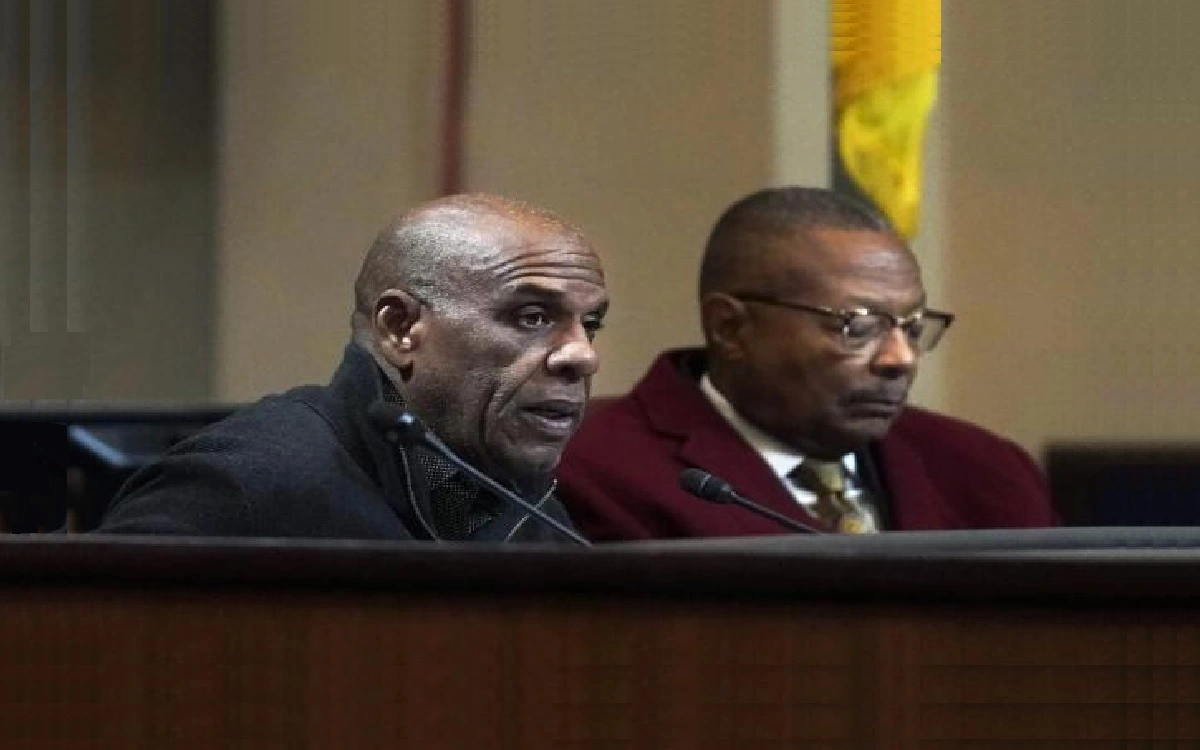|
Getting your Trinity Audio player ready...
|
After the California State Assembly’s historic apology for the state’s role in perpetuating slavery, several groundbreaking reparations bills have met a roadblock in the Senate. The setback has reignited debates around the complex issue of reparations for African Americans and the state’s commitment to addressing its troubled past.
The Assembly’s Vote and Apology
On June 19, 2023, the California State Assembly voted to approve a resolution, ACR 97, formally apologizing for the state’s
perpetuation of slavery and for its issuance of instruction codes that prohibited Black Americans from obtaining a quality education, entering into certain professions, and more
[1]. The resolution marked a significant symbolic step towards acknowledging California’s role in the oppression of Black Americans, even though the state was admitted to the union as a free state in 1850.
The Reparations Bills
Riding on the momentum of the Assembly’s apology, several reparations bills were introduced, aiming to provide tangible support and redress for the African American community in California. However, as the legislative session nears its end, some of these bills have stalled in the Senate.
- AB 3121: This bill, proposed by Assemblymember Reggie Jones-Sawyer, sought to establish a California Reparations Authority to determine the eligibility criteria and payment amounts for reparations[2]. The bill faced opposition from fiscal conservatives and failed to pass the Senate Appropriations Committee.
- AB 2296: Introduced by Assemblymember Chris Holden, this bill aimed to create a California Reparations Task Force to study the impact of slavery and develop reparations proposals[3]. While it cleared the Assembly, the bill encountered resistance in the Senate and was ultimately shelved.
- SB 988: Proposed by Senator Steven Bradford, this bill sought to establish a Reparations Fund to provide housing grants and other financial assistance to eligible African American residents[4]. The bill faced criticism for its potential cost and failed to gain traction in the Senate.
Reactions and Debates
The stalling of these reparations bills has sparked heated debates and reactions from various stakeholders.
The failure of the Senate to act on these bills is a betrayal of the promise made by the Assembly’s apology,
said Ava DuVernay, a prominent filmmaker and activist[5].
Mere words are not enough; we need concrete actions to address the generational harm caused by slavery and systemic racism.
However, opponents argue that the proposed measures are too broad and lack clear definitions of eligibility and implementation mechanisms.
While we acknowledge the need for restorative justice, these bills raise more questions than they answer,
stated Senator John Doe, who voted against one of the bills[6].
We need a more comprehensive and well-defined approach to ensure that any reparations program is fair, equitable, and fiscally responsible.
The Path Forward
Despite the setbacks, proponents of reparations remain undeterred. Assemblymember Jones-Sawyer has vowed to reintroduce the reparations authority bill in the next legislative session, garnering support from advocacy groups and community leaders.
This is not the end of the road,
he said in a statement[7].
We will continue to fight until we achieve meaningful reparations for the African American community in California.
As the debates continue, it is clear that the issue of reparations remains a complex and divisive topic, with diverging views on the appropriate approach and the state’s role in addressing historical injustices.
For More News Update Visit California News



